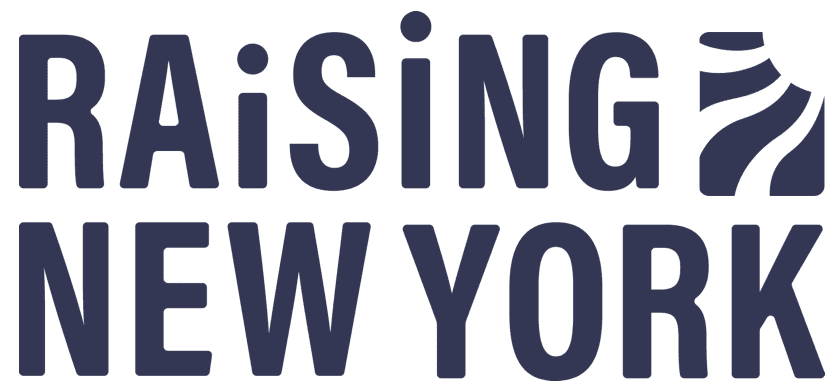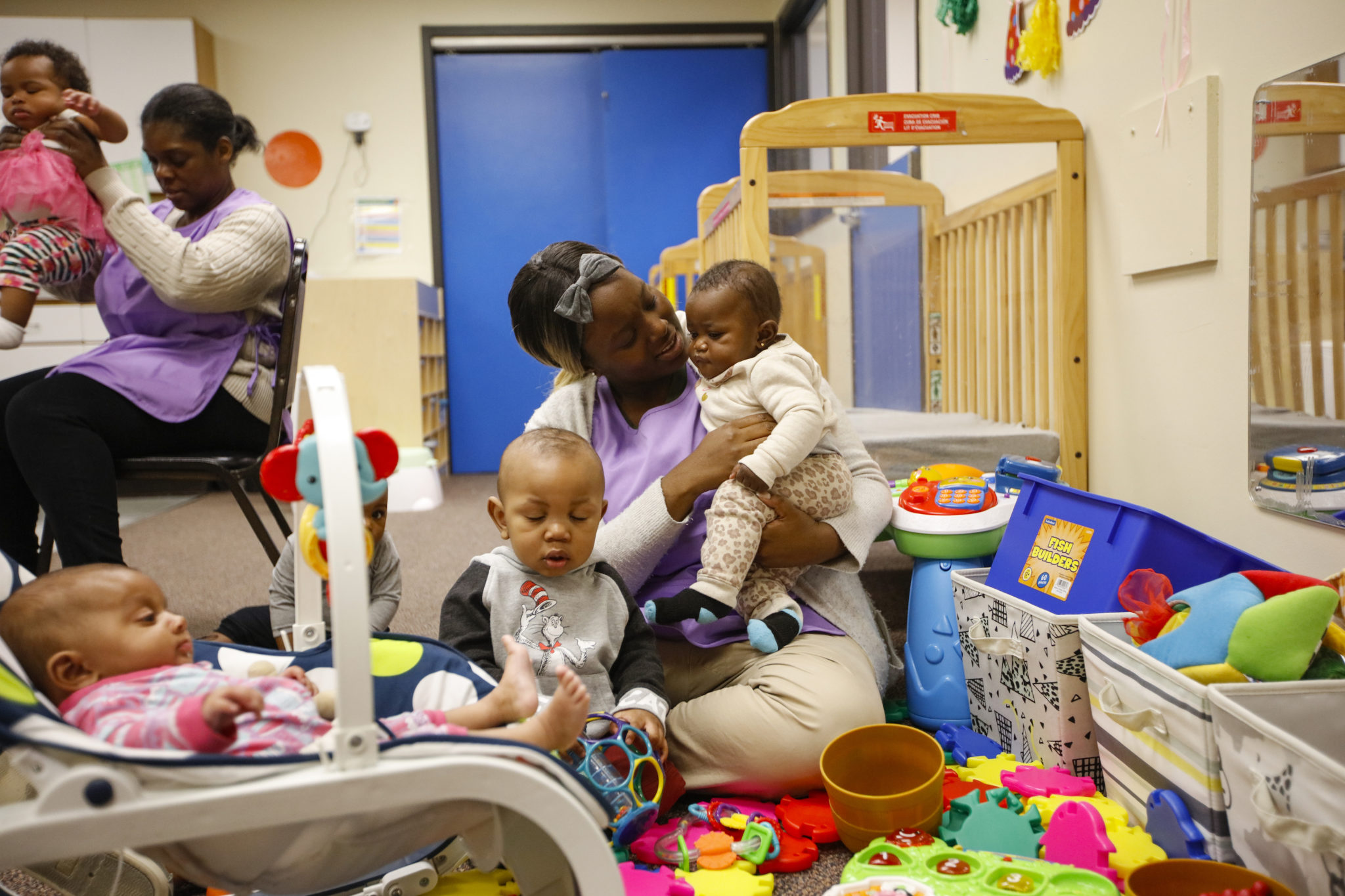By Lara Kyriakou
Associate Director of Early Childhood Education Policy and Advocacy, The Education Trust–New York; Raising NY coalition leader
These days it seems that everyone is talking about child care. News stories in publications and networks across the county are focusing on the challenges that parents are facing as they try to locate employment and balance work and child care needs. The lack of high-quality, affordable child care has only been exacerbated by the covid pandemic and is one of the top reasons why millions of parents have left the workforce with a disproportionate impact on women and people of color.
- Quality must go hand-in-hand with support and expansion.
- Historically underserved families must be first.
- Infants and toddlers must be a priority.
- Support for the child care workforce must be a priority.
Increased access and capacity to child care programs must go hand in hand with efforts to ensure high-quality care. This means expanding a clear, culturally sensitive rating system to all programs that can be used as a guide for parents in locating the care that matches their needs and works best for their family. While state and federal leadership continue to discuss and debate the need for universal child care, it’s important to make two things clear: One, there is a need. Two, we need to be clear about what universal child care means. High-quality care must be universal in both access and availability. Families must be able to easily access the child care setting that works for them. Families who are living in shelters, immigrant families, parents experiencing unemployment, and parents/children with disabilities all experience significant barriers to locating and affording high-quality child care, especially for infants and toddlers.
Child care has suffered a tremendous loss over the two years of the pandemic, and slots for infants and toddlers, in particular, have taken a hit in numbers. Child care for infants and toddlers is the most expensive child care, due to higher staffing needs, and is at the greatest risk of being cut by existing programs. We know from extensive research that the first three years of life are a critical time of brain development and an essential time to support a young child’s potential for learning over their entire life. As such, universal child care efforts should be additive in its approach – securing additional resources and funding for infant and toddler care to support this critical time of growth and learning.
For decades, the child care workforce has been underpaid, with many providers struggling to make ends meet for their small businesses and family. The Covid pandemic has only tightened the margins on an already strapped workforce and resulted in closings across the state and country. Now is the time to ensure livable wages for child care providers, that align with their experience, expertise, and education.
The Raising NY coalition continues to work together and with leaders across New York State to ensure that these principles guide and support efforts to bring high-quality, affordable, and universal child care to all families.
![]()

